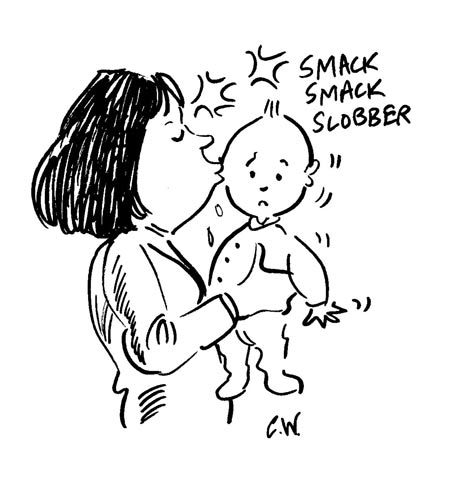|
|
Early herpes infection may protect against allergies |
In a dissertation (‘Microbial and maternal influences on allergic sensitization during childhood: defining a role for monocytes’) for the Swedish Research Council, Shanie Saghafian Hedengren followed a group of children from birth to the age of five years. She showed the correlation between Epstein-Barr virus (EBV) contraction before the age of two and a lower risk of producing antibodies against allergens, so-called allergic sensitisation. It is also of interest that EBV infection after the age of two was correlated with a greater risk of sensitisation in five-year-olds. The dissertation shows that the innate immunity in EBV-infected children also reacts in a mitigated way, which may explain why early infection normally produces no symptoms. Shanie Saghafian Hedengren also showed that newborn children have weaker monocyte responses to microbes up to the age of two if they have an allergic mother. First published in September 2009
|











